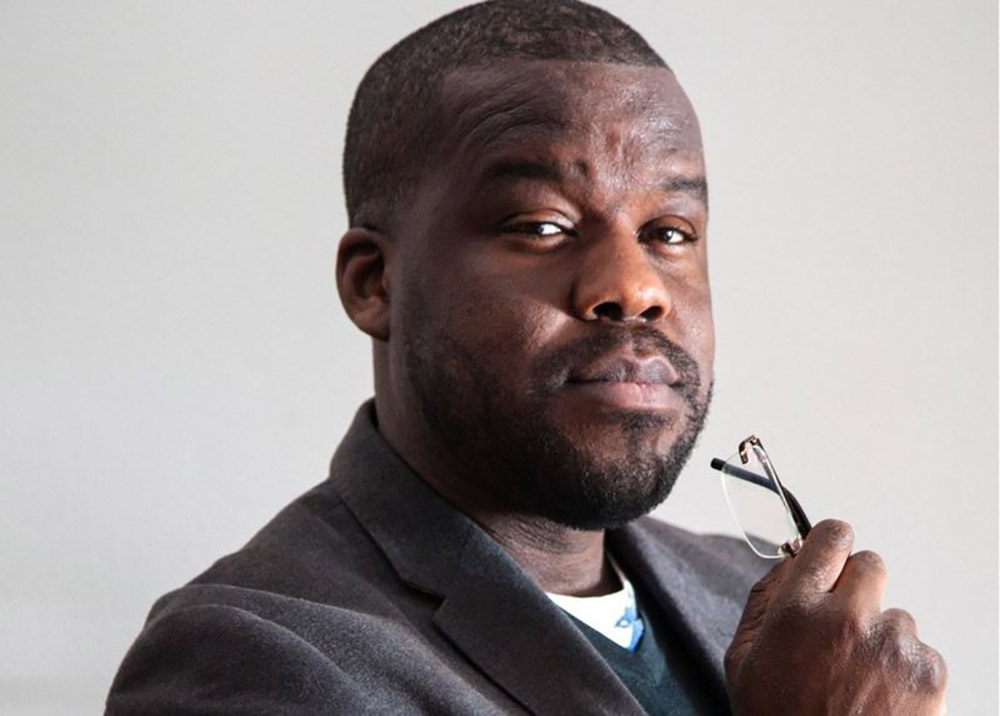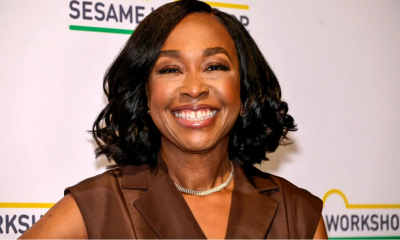

More in Business
-


Business
Ayra Starr unveils her own dolls [VIDEO]
Nigerian songstress, Oyinkansola Sarah Aderibigbe, popularly known as Ayra Starr, has unveiled her own dolls. According...
-


Business
3Music Awards is back
The 3Music Awards is making a much-anticipated comeback this September after a two-year hiatus. The announcement...
-


Business
COCOBOD to Unveil Comprehensive Turnaround Strategy by End of July 2024.
COCOBOD’s turnaround strategy, set to be published by the end of July 2024, aims to address...
-


Business
Paramount Global Expands Partnership With Ice Cube’s Cube Vision.
This week (July 16th), Paramount Global announced an expanded partnership with Ice Cube and his production...
-


Business
Shonda Rhimes Is Now The Owner Of This Los Angeles Golf Club Alongside Other Celebrity Investors.
Producer, screenwriter and golf lover, Shonda Rhimes becomes the newest investor for an innovative tech-focused golf league in...











